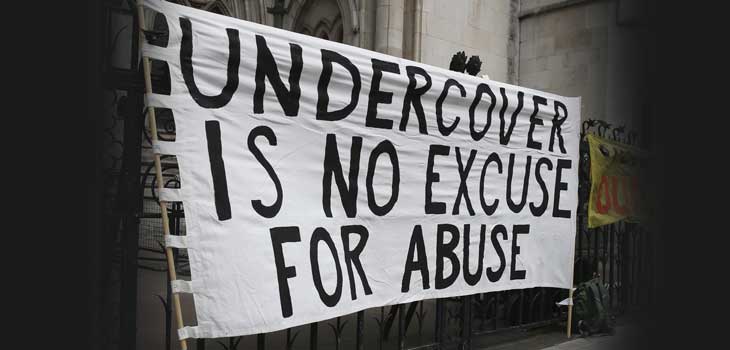
In 2014 the then home secretary, Teresa May, announced the establishment of a public inquiry into undercover policing over the past 50 years. It followed the exposure of ‘appalling practices in undercover policing’ highlighted in one of the many official ‘reviews’ of undercover policing which preceded the announcement.
One year later, at the first hearing of the Inquiry, the then Chair of the Inquiry, Sir Christopher Pitchford made his opening remarks. By the standards of a former senior judge, they brimmed with optimism, enthusiasm, energy. The overarching aim of the Inquiry, as the strapline on its current website proclaims, is ‘getting to the truth of undercover policing and providing recommendations for the future’.
That was in July 2015. Now seems a good time to reflect and take stock.
Five years, five points to make
First, timing. The whole Inquiry was due to be wrapped up in three









